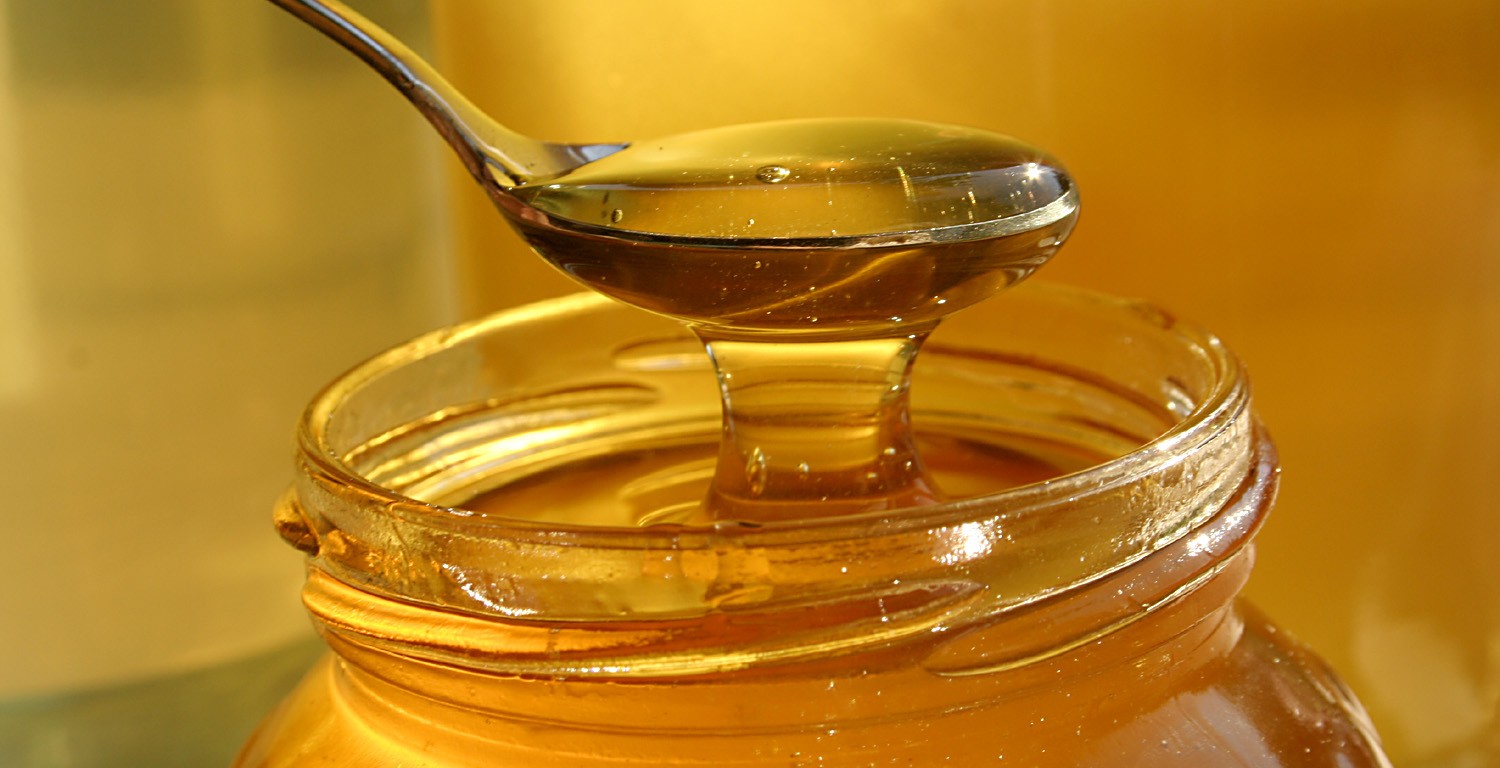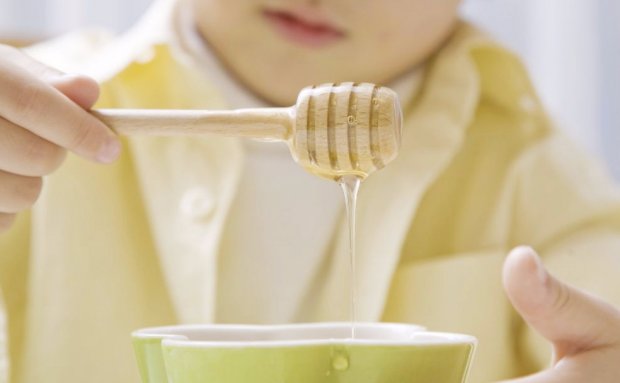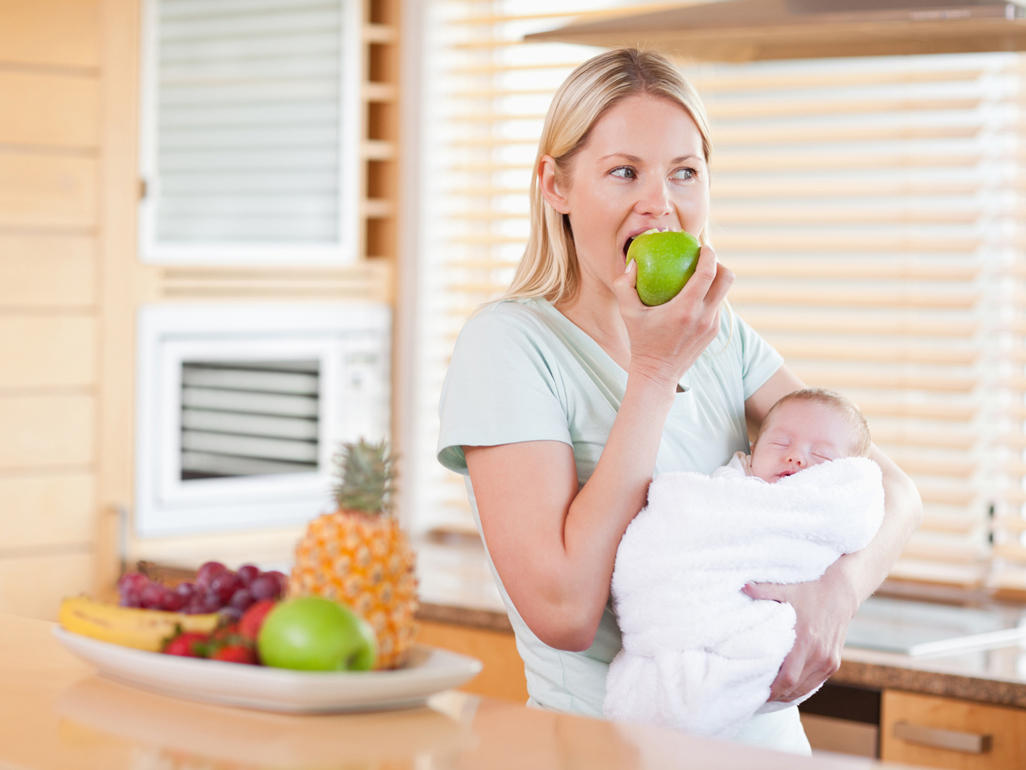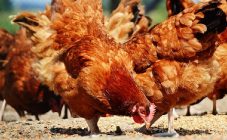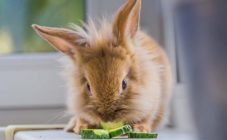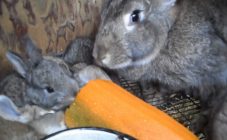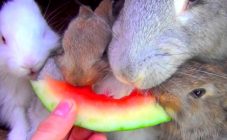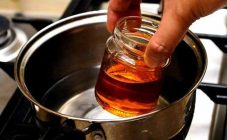Content:
Honey is a product that contains a large amount of minerals and vitamins that are beneficial to the human body. Very often it is used in food as a sweetness or as a remedy for colds. Even in ancient times, this product was given to young children, while they did not fear for their health. Rather, on the contrary, babies were treated with it. Modern mothers often have a question: "How old is honey for children?"
Honey and its qualities
Honey is a product that bees process from the nectar they collect. It contains a large amount of nutrients such as:
- Carbohydrates. This product contains no more than thirty-nine percent fructose and thirty-one percent glucose. These elements are much healthier than their counterparts found in sugar. In addition, they are easily assimilated substances.
- Proteins. This is a group of amino acids that is responsible for the development of the muscular system, and also nourishes the internal organs and the brain.
- Acids: malic and lactic.
- Iron. This trace element is essential for the formation of blood in the body.
- Phosphorus. Thanks to him, the human body fully develops.
- Magnesium. An essential trace element for the normal functioning of the heart.
- Calcium. A trace element, without which the development of the skeletal system is impossible.
In addition, honey contains carotene, vitamins, enzymes and other useful elements. For the digestibility of carbohydrates, the body does not need to produce energy, at the same time they perfectly assist in the process of regeneration of old cells and the formation of new ones.
The composition of the product changes depending on the type of honey from which flowers are eaten. For children, the sweetness from acacia flowers will be the most useful. It can be distinguished from other species by its appearance: the color is light yellow, the consistency is reminiscent of sugar syrup. Buckwheat product is no less valuable. It is distinguished by its dark color.
The benefits and harms of honey for a baby
The useful properties of honey include:
- As a result of the fact that this product contains a lot of ascorbic acid and carotene, it helps to strengthen the child's immune system. Those children who regularly eat honey are very rarely susceptible to diseases, especially colds. Their body fights viruses, thus receiving protection from the common cold, pharyngitis and other viral diseases. If children are given lemon and ginger with honey, then this recipe will further strengthen the baby's immunity.
- The treat can also improve blood quality. Thanks to him, the baby's hemoglobin level rises. It is especially useful for children with anemia to eat it.
- The bee product works great as a sedative. The baby who is given it in the evening falls asleep calmly and sleeps all night.
- The bee product aids in digestion. It prevents the formation of putrefactive processes in the intestines and helps to over-etch food well.
- When stomatitis occurs, honey acts as an anesthetic and also as an antiseptic.
- At elevated body temperature, it is recommended to take honey with tea or milk, as it perfectly relieves heat and promotes perspiration.
- Bee sweetness helps the child to absorb calcium and magnesium, thanks to it, children will have healthy bones and teeth.Schoolchildren who regularly use honey are protected from scoliosis.
- Bee honey improves and maintains the child's visual acuity.
- If a school-age child regularly eats honey, then it will be easy for him to learn the lessons.
- Children who love to feast on honey can feel better about their teeth, unlike sugar.
- For those suffering from enuresis, honey is very useful for eliminating the disease.
Most parents are skeptical about the age limits for the use of honey in their children, since they consider this product to be completely harmless. But, nevertheless, there are cases when a natural product can be very harmful to the baby's health.
This happens in the following ones:
- The high concentration of active minerals can cause allergic reactions in young children.
- This delicacy causes botulism in a child. This disease is very dangerous for the baby's life.
- Fructose, which is contained in the bee product, forms a film in the oral cavity and provokes the development of caries. Therefore, after consuming honey, you need to rinse your mouth thoroughly.
- If a child has a tendency to obesity, then it is recommended to limit sweetness in use.
Can mothers eat honey during lactation
Many women are interested in whether it is possible for nursing honey? Since honey has allergenic properties, it is not recommended to eat it for a nursing mother, since the baby will use it with breast milk. It should be taken into account that the neonatal age of the baby is not yet adapted to various stimuli. This useful product, in turn, can cause an allergic reaction in him.
If a woman really wants something sweet, then you can eat no more than a teaspoon of honey, while you should monitor the baby's health, whether a rash has appeared on his body. If such signs do exist, then this delicacy is categorically excluded from the diet. In the absence of a rash, honey for a nursing mother can be eaten, but not more than a teaspoon.
When to give honey to a child
At what age can children be given honey? Can honey be given to a newborn? Doctors speak out against feeding honey to infants. This is due to bacteria that can be collected with the nectar, causing botulism in the infant. It should be taken into account that the spores of these bacteria are not removed from the product. That is why honey should not be given to children.
It is recommended to give sweetness to a baby who is at least eighteen months old. If, nevertheless, the mother decided to feed the child up to one year old with honey, then one should consult with a specialist and monitor his condition.
It is best to start giving honey to babies at the age of two or three. In this case, start with the smallest dose, gradually reaching a teaspoon. In this case, you also need to monitor the health of the child in order to detect traces of allergies in time.
Children who have reached six to nine years old can be given a treat safely. At this age, the bee product does not cause allergic reactions. These children can eat honey from three to five tablespoons a day.
Honey is a very useful product for the human body, but it must be taken in moderation. The temperature of the product should be natural, in no case should it be heated, since it loses all its useful qualities. In addition, when buying a sweet, you need to carefully check its quality.
